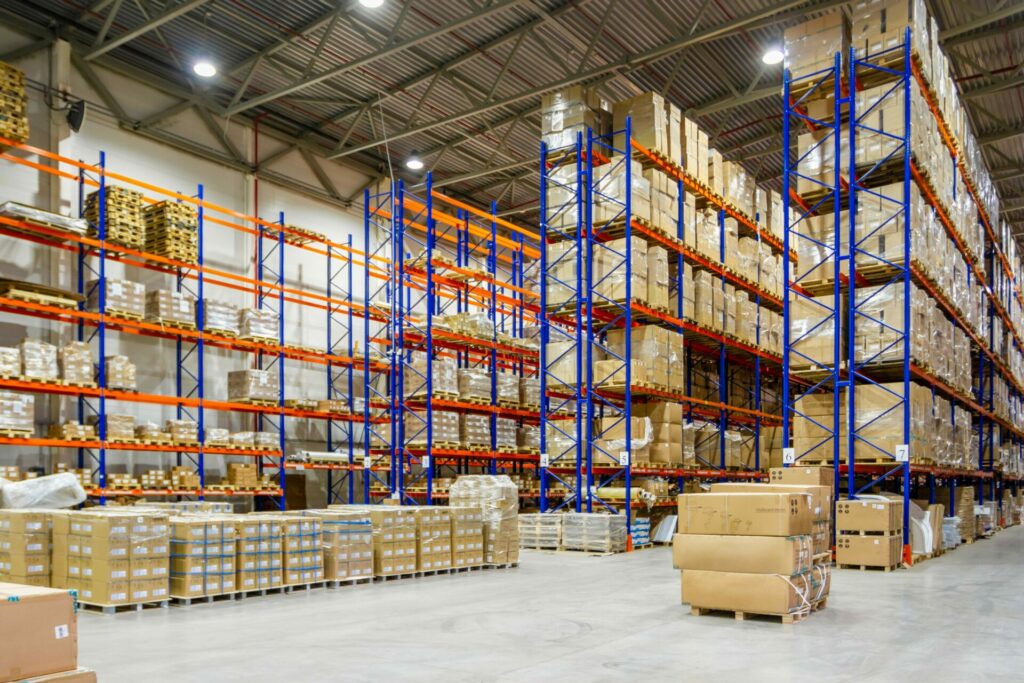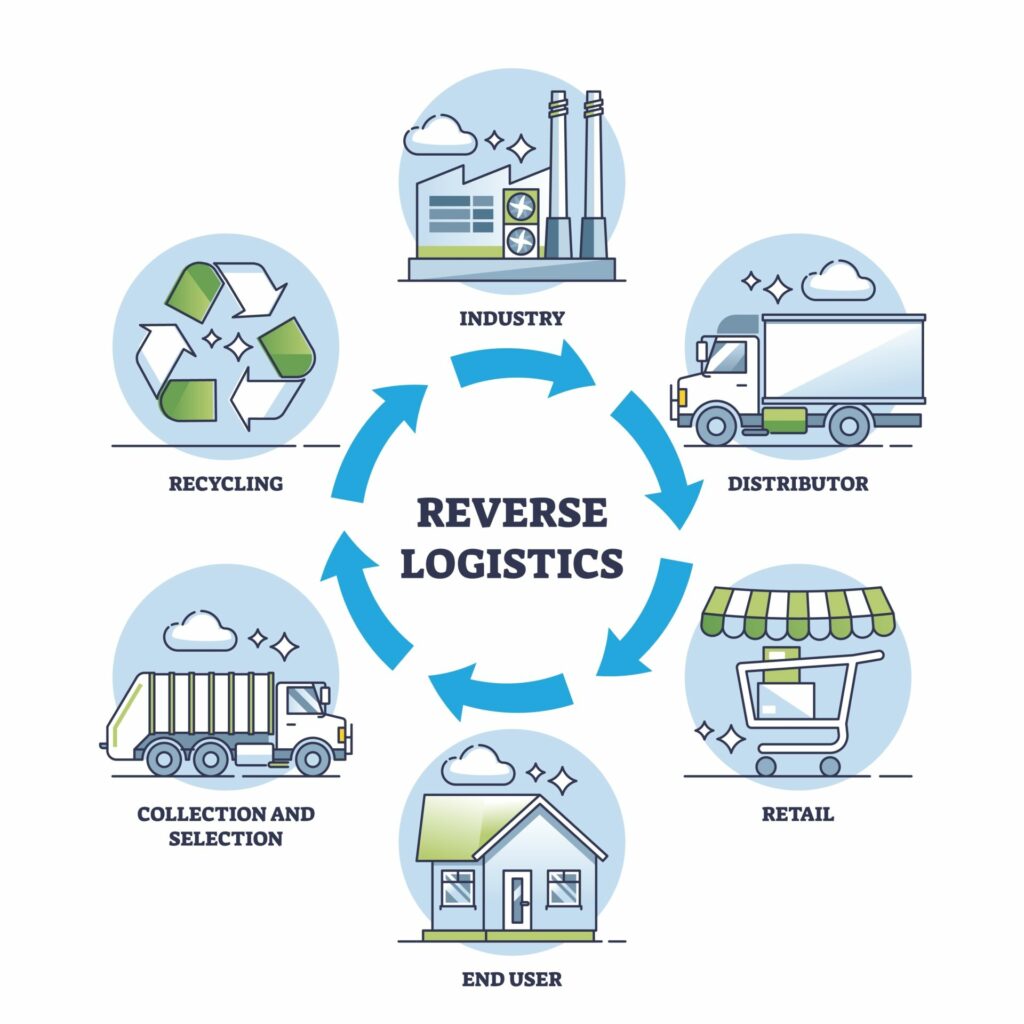In the fast-paced world of e-commerce, efficient and reliable order fulfillment is the key to success. Warehousing and fulfillment play crucial roles in this process, but they are often misunderstood or used interchangeably. In reality, they serve distinct purposes and offer unique services to e-commerce brands. In this article, we will delve into , exploring their significance, benefits, and why outsourcing these services can drive success for e-commerce businesses.
What is Warehousing for E-Commerce?
Warehousing is a fundamental aspect of any supply chain management system, including that of e-commerce brands. In essence, a warehouse is a storage facility where products are held before being shipped to customers or redistributed to retailers. These facilities are strategically located to optimize transportation and distribution networks, reducing shipping costs and delivery times. In a warehousing model, e-commerce businesses typically own or lease the storage space and manage the inventory themselves.
What is a Fulfillment Center?
On the other hand, a fulfillment center is a specialized facility that takes care of the entire order fulfillment process for e-commerce brands. It goes beyond storage and involves picking, packing, and shipping products to end customers on behalf of the brand. A fulfillment center streamlines the entire order fulfillment process, reducing the workload and operational complexities for the e-commerce company. Unlike warehouses, fulfillment centers are often operated by third-party logistics (3PL) companies that specialize in providing comprehensive order fulfillment services.
Main Differences Between a Warehouse and Fulfillment Center
Services – In a traditional warehouse, the primary function is to store products efficiently and securely. The responsibility of handling orders, packaging, and shipping falls on the e-commerce brand itself. In contrast, a fulfillment center offers end-to-end services, handling everything from inventory management to final delivery. They have sophisticated systems in place to efficiently process orders, ensuring faster and more accurate deliveries.
Space – A warehouse is primarily focused on storage capacity, maximizing space to accommodate a large volume of inventory. Fulfillment centers, however, are designed with order processing efficiency in mind. They optimize space for picking and packing processes, aiming to reduce the time it takes to fulfill orders.
Turnaround Time – Since a fulfillment center is equipped with advanced technology and dedicated personnel, the turnaround time for order fulfillment is significantly faster compared to traditional warehousing models. This allows to customers, enhancing their overall shopping experience.
Customer Experience – With a fulfillment center, e-commerce brands can provide better customer service and experience. The fulfillment process is streamlined, ensuring accurate order processing and timely delivery, leading to higher customer satisfaction and increased chances of repeat business.
Why Do Warehouse Fulfillment Strategies Matter?
Efficient warehouse fulfillment strategies are critical for several reasons.
- Cost Optimization: Effective warehousing can help reduce inventory carrying costs, as well as transportation expenses, resulting in improved profit margins for e-commerce brands.
- Inventory Management: Proper warehousing allows for better control over stock levels, minimizing the risk of overstocking or stockouts.
- Scalability: A well-organized warehouse facilitates seamless scaling of operations as the business grows, enabling e-commerce brands to handle increased order volumes.
- Business Continuity: With a resilient warehousing strategy, e-commerce brands can mitigate disruptions caused by unforeseen events like natural disasters or supply chain disruptions.
Why Companies Need a Fulfillment Center to be Successful?
In the fiercely competitive e-commerce landscape, a fulfillment center can be a game-changer for companies. Here’s why:
- Focus on Core Capabilities: Outsourcing fulfillment to a specialized center allows e-commerce brands to concentrate on their core competencies, such as product development, marketing, and customer service, leading to business growth and innovation.
- Scalability and Flexibility: Fulfillment centers are designed to handle fluctuating order volumes, seasonal spikes, and market changes efficiently. They can quickly adjust their operations to meet the demands of the e-commerce brand.
- Access to Expertise and Technology: Fulfillment centers invest in cutting-edge technology and trained personnel to optimize the order fulfillment process. This ensures greater accuracy, reduced shipping times, and an overall improved customer experience.
- Global Reach: Partnering with a fulfillment center with a vast network allows e-commerce brands to reach a broader customer base worldwide, expanding their market presence.
How Does Outsourcing Warehousing and Fulfillment Create Success?
Outsourcing and fulfillment has become a crucial strategic move for many successful e-commerce brands. By leveraging the expertise of specialized 3PL providers, e-commerce businesses can enjoy the following benefits:
- Cost Savings: Outsourcing eliminates the need for investing in expensive warehousing infrastructure, technology, and staff, resulting in significant cost savings.
- Agility and Adaptability: Fulfillment centers are well-equipped to handle seasonal fluctuations and adapt to changing market conditions, ensuring seamless operations throughout the year.
- Reduced Fulfillment Errors: Specialized fulfillment centers utilize advanced automation and quality control measures, minimizing order errors and returns, which can be costly and detrimental to the brand’s reputation.
- Enhanced Customer Satisfaction: With faster processing and reliable shipping, e-commerce brands can provide an exceptional customer experience, fostering loyalty and positive word-of-mouth.
The difference between warehousing and fulfillment for e-commerce brands lies in the scope of services, space utilization, turnaround time, and customer experience. By recognizing the benefits of outsourcing warehousing and fulfillment to specialized centers, e-commerce businesses can focus on their core capabilities, reduce operational burdens, and create a successful and thriving online presence in the competitive e-commerce landscape.




